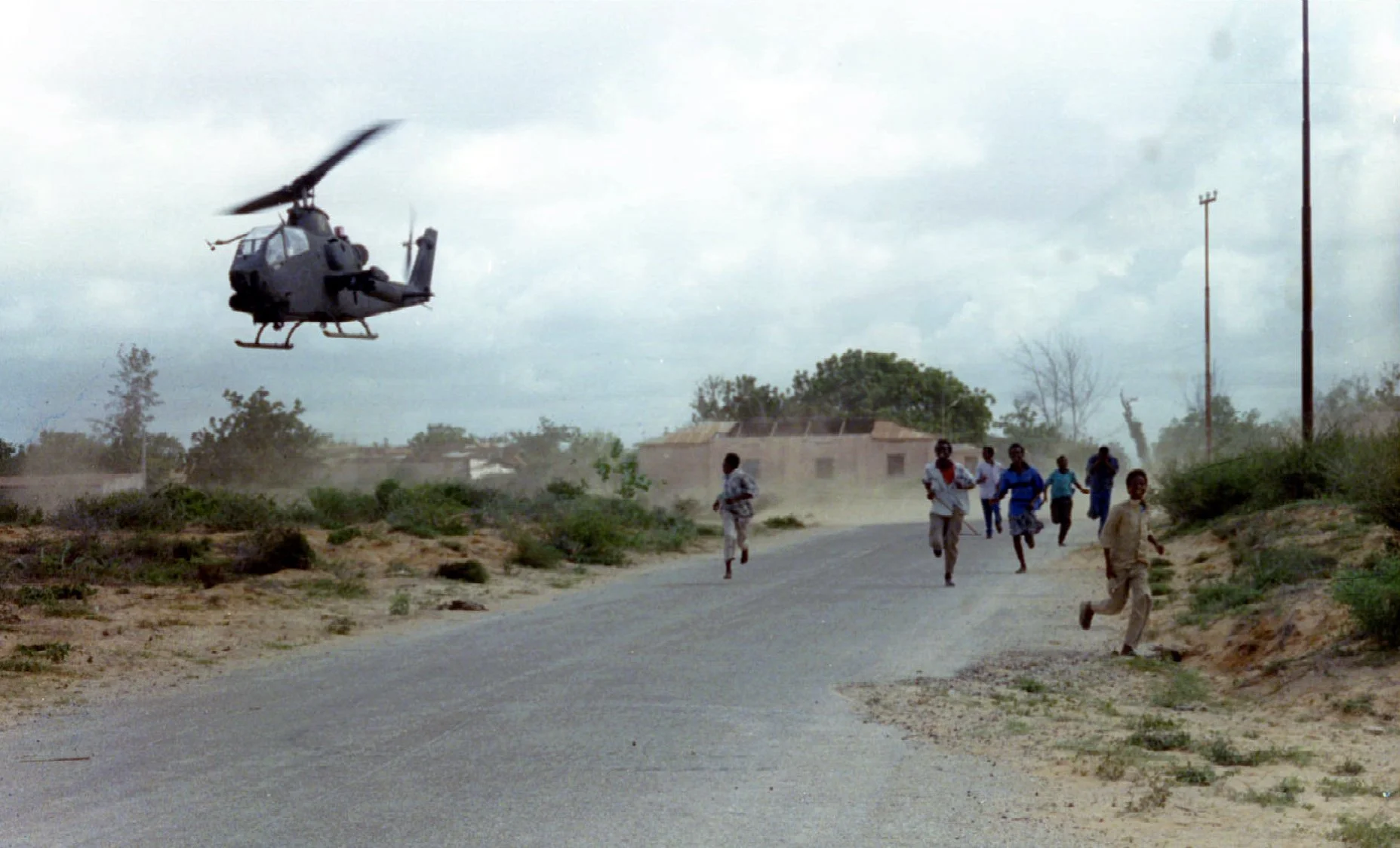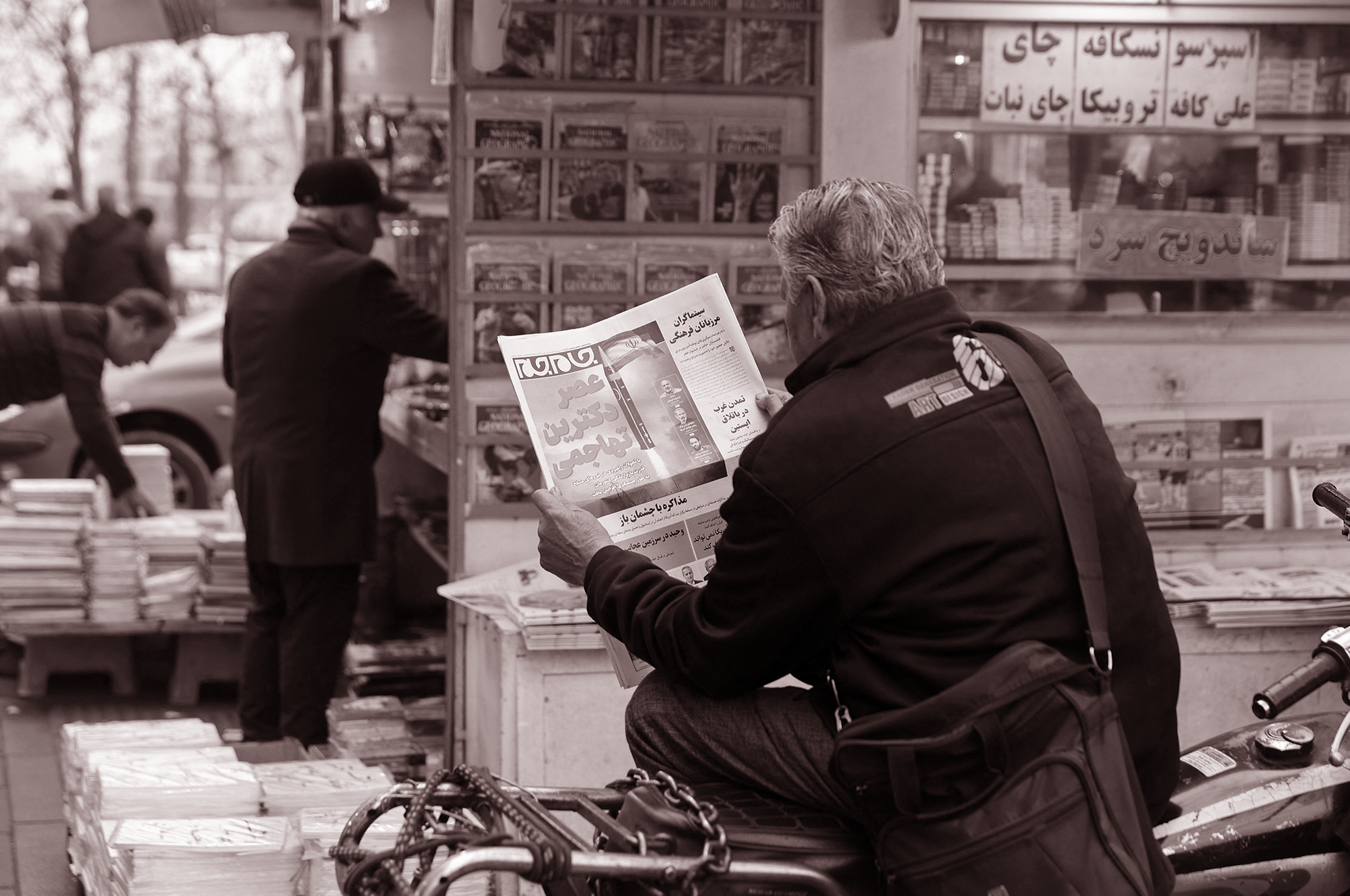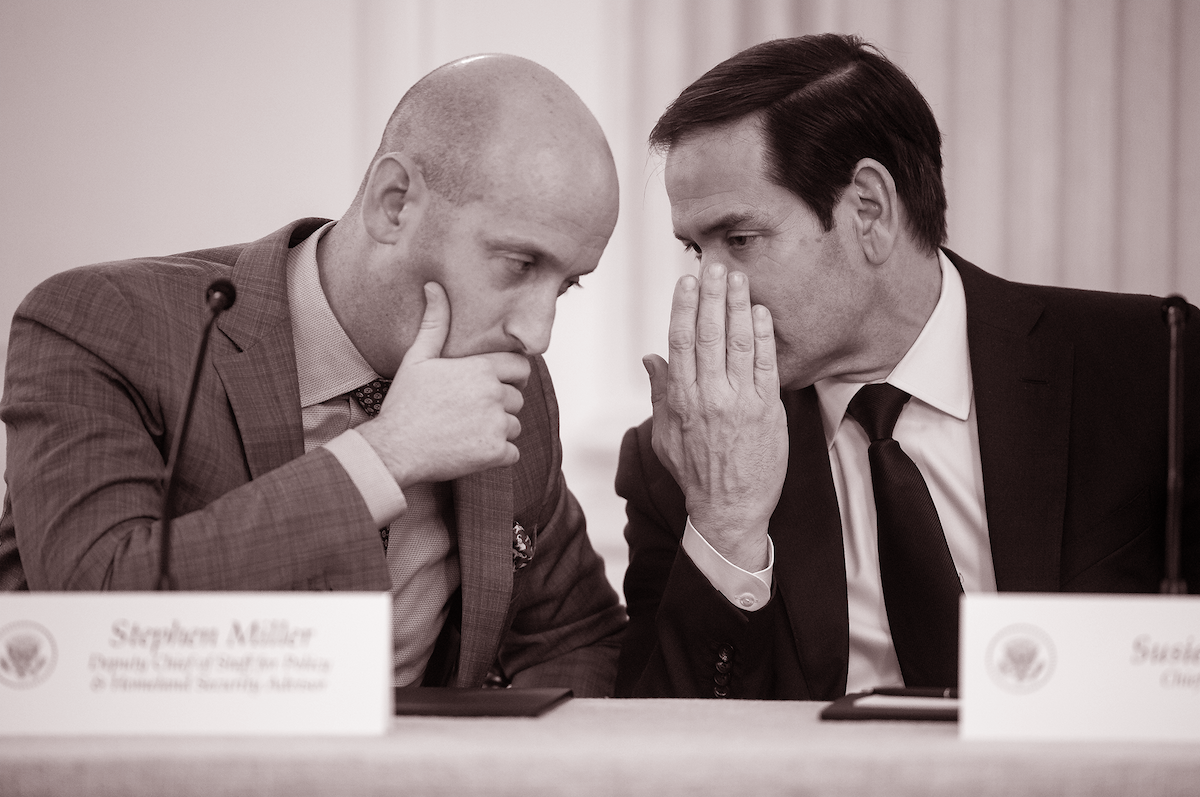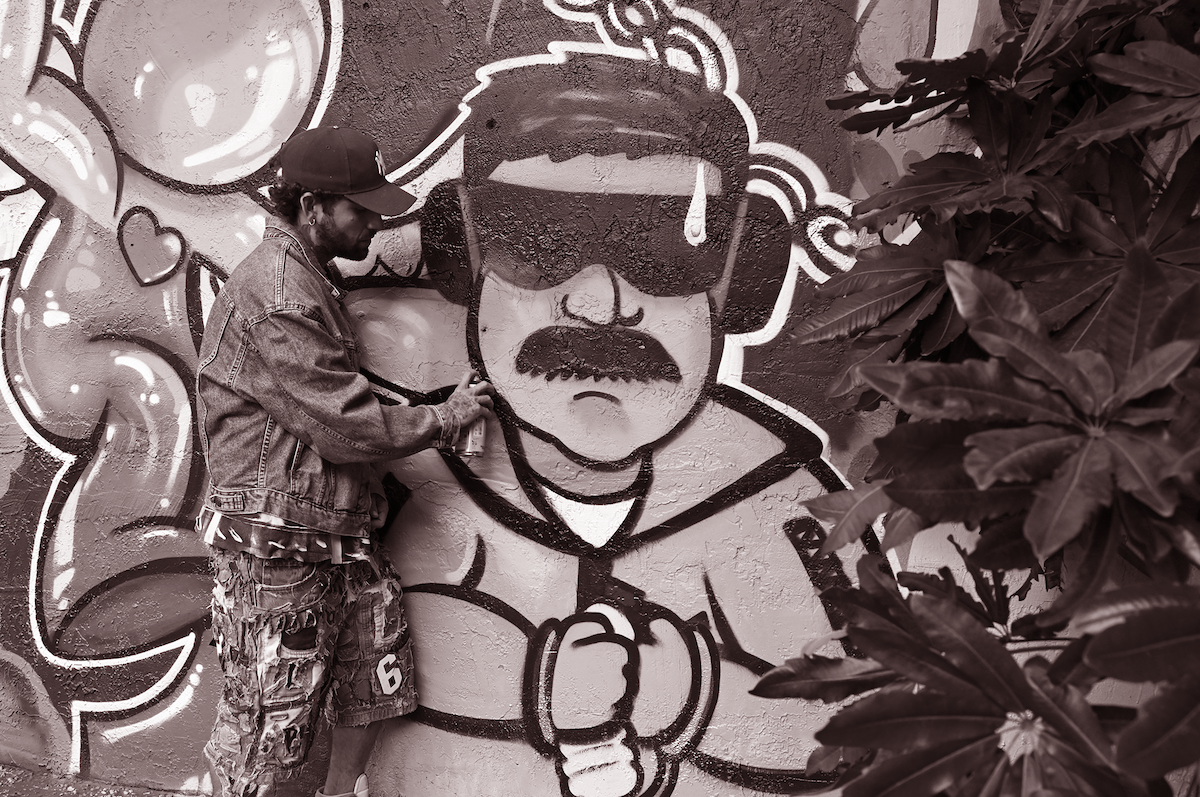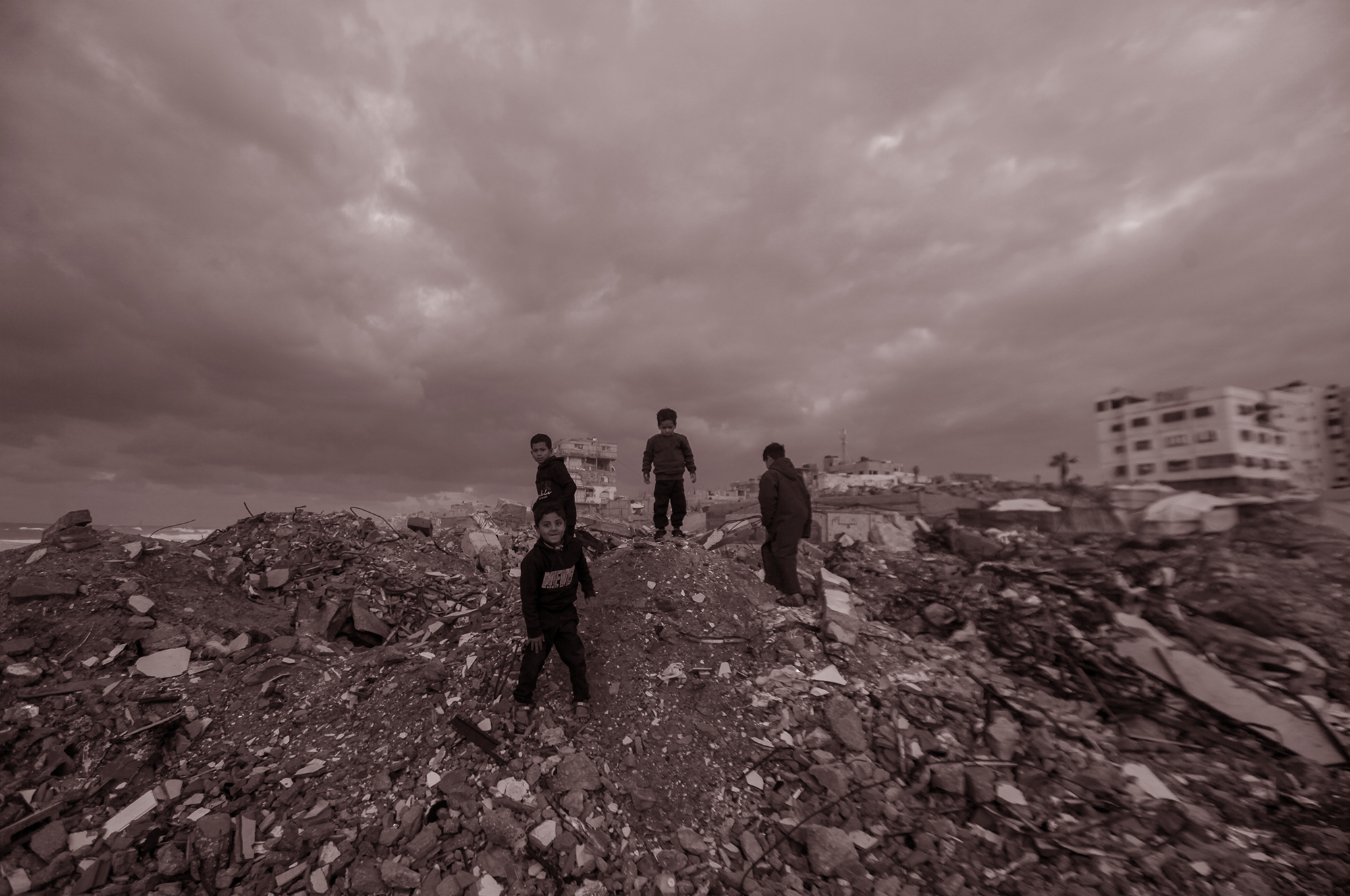Episode 8: The Cost of Humanitarian Intervention
In the 1990s, mass atrocities led to stronger calls for military intervention.
When the Cold War ended, many imagined a more peaceful world. Yet the 1990s were marked by humanitarian crises in Somalia, Rwanda, and former Yugoslavia. Images of mass atrocities and genocide reached wide audiences on newly available 24/7 TV news channels, as humanitarians increasingly advocated for military intervention. The United States under Bill Clinton took up the mantle of protecting human rights – and quickly discovered the perils of intervention.
In this episode of None Of The Above’s ‘90s Rewind miniseries, the Institute for Global Affairs’ Mark Hannah delves into the rise of humanitarian intervention in the 1990s. He is joined by international relations scholar Rajan Menon, professor emeritus at the City College of New York and senior research scholar at Columbia University. Ambassador Thomas Pickering returns to provide insights and commentary.
Listen Here: Apple Podcasts | Google Play | Libsyn | Radio Public | Soundcloud | Spotify | Stitcher | TuneIn | RSS
Rajan Menon is the Emeritus Anne and Bernard Spitzer Chair in Political Science at the City College of New York and a Senior Research Scholar at the Saltzman Institute of War and Peace Studies at Columbia University. He has held fellowships at Defense Priorities, the Carnegie Council on Ethics in International Affairs, the Atlantic Council, and the Council on Foreign Relations. He is the author of four books, most recently The Conceit of Humanitarian Intervention (2016).
Thomas Pickering is a retired diplomat who served as US ambassador to the United Nations, India, and Russia throughout the 1990s. He also served as Undersecretary of State for Political Affairs under President Clinton from 1997 to 2000. He achieved the rank of Career Ambassador, the highest in American diplomacy.

